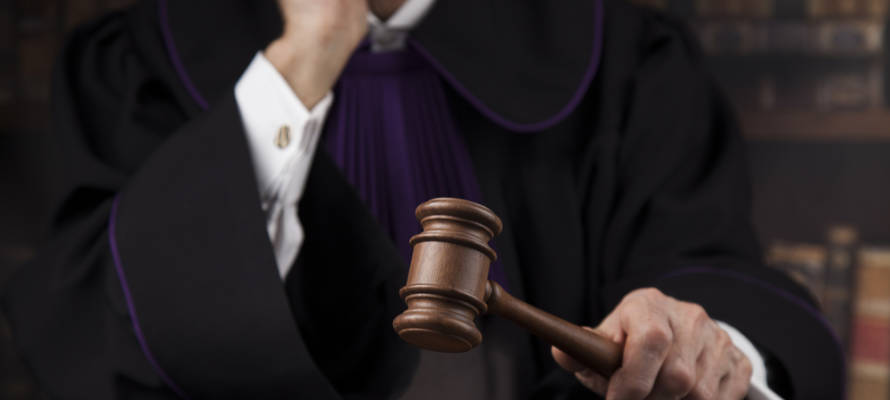It takes courage for people to admit their mistakes, and when they do, we should accept them with open arms, just as we would like to be treated.
By Rabbi Ari Enkin, Rabbinic Director, United with Israel
This week’s Torah portion is Tzav (Leviticus 6:1 – 8:36), and in it we read about the many different types of animal sacrifices that were offered to God – first in the Tabernacle, and later in the Holy Temple in Jerusalem.
Not all animal sacrifices were offered in the same location in the Temple precinct. For example, there was a specific location in the Temple designated for certain voluntary offerings as well as sin offerings.
Why was this so?
Our sages teach us that these two offerings were specifically grouped together in the same place so that onlookers wouldn’t be able to tell who was bringing a sin offering and who was simply bringing a voluntary offering. If sin offerings were to be brought in their own designated section of the Temple precinct, onlookers would know that anyone who went to that designated place had committed some kind of sin. And then the gossiping would start.
By combining the location of voluntary offerings with sin offerings, onlookers wouldn’t know whether the person in that location was offering a voluntary offering or an offering in atonement for sin. In this way, a person bringing a sin offering was saved from embarrassment.
Although we might think that sinners always deserve to be exposed and humiliated, clearly God Himself doesn’t think so. The Torah is teaching us that we must show compassion and kindness even to sinners. God wants them to be able to achieve atonement for their sins promptly, not to be labeled by them.
What a beautiful lesson for all of us! We have to learn to be sensitive to others who may not be perfect. Let’s face it, we all sin. Nobody is perfect. The requirement to “love your fellow as you love yourself” requires us to treat those who have sinned just as we would want to be treated.
This is not to suggest that those who flaunt their sins or parade their sins around town should be respected or admired. We’re not referring to those types of people, but to those who accidentally mess up, as we all do, and to those who seek to return and repent from evil ways. They are to be welcomed and even respected. It takes courage for people to admit their faults, and when they do, we should accept them with open arms.
If God can treat sinners with compassion and kindness, so can we!
For more insights by Rabbi Ari Enkin on this week’s Torah portion, click on the links below.
https://unitedwithisrael.org/living-torah-let-god-deal-with-the-sinners/
https://unitedwithisrael.org/living-torah-the-priority-to-show-gratitude/
https://unitedwithisrael.org/living-torah-add-excitement-to-your-prayers/
